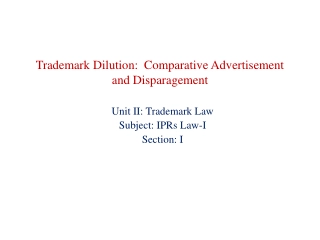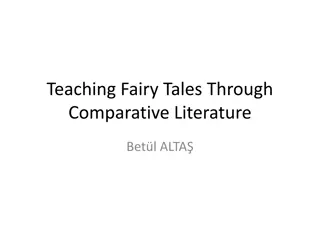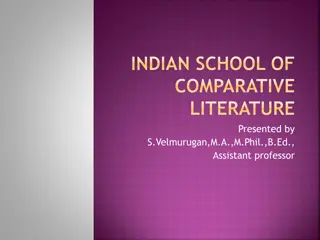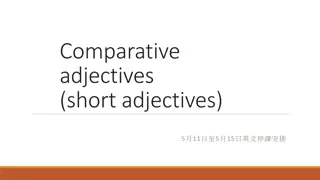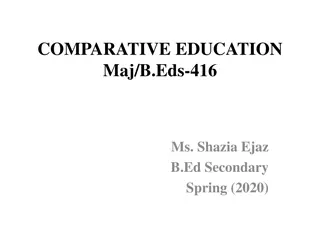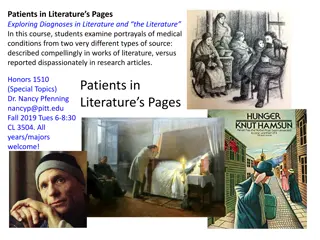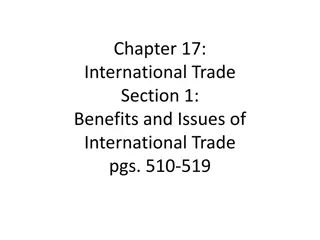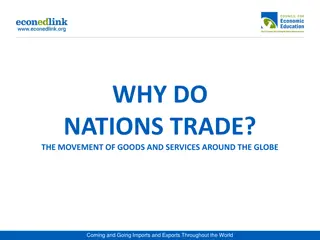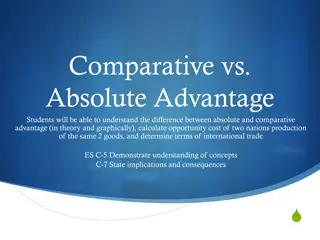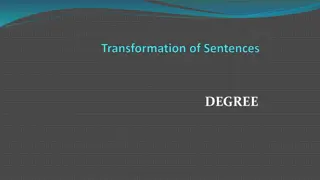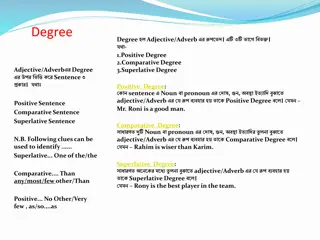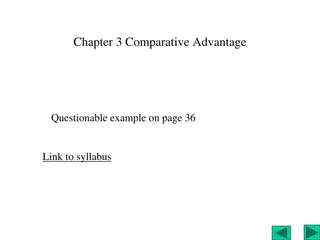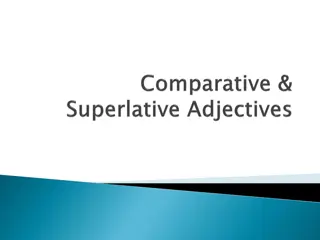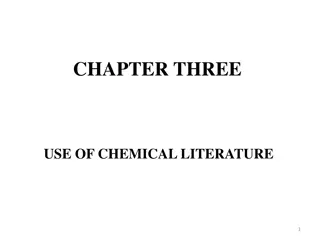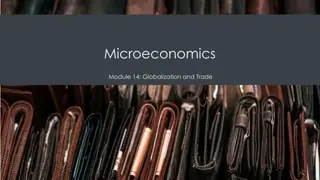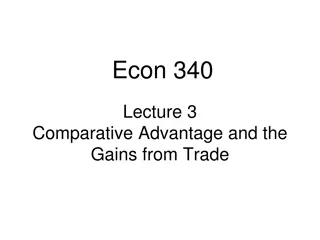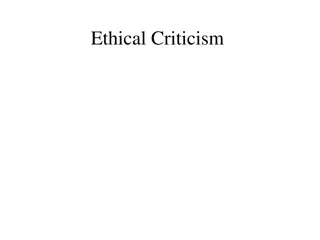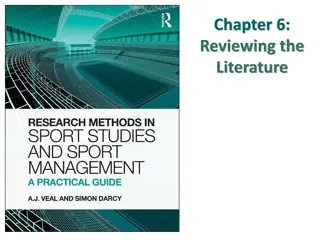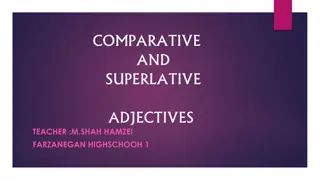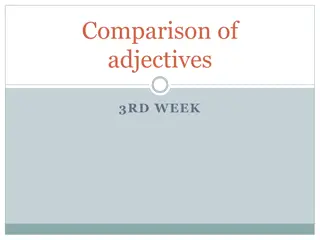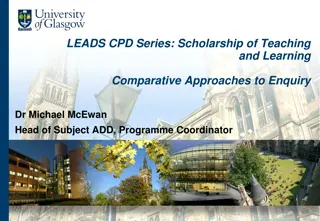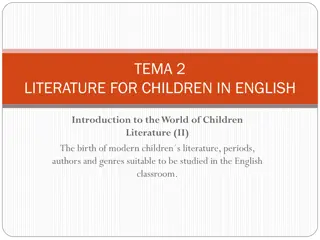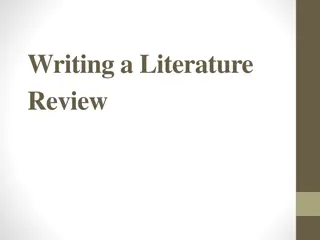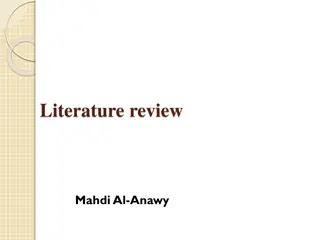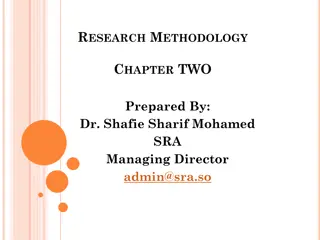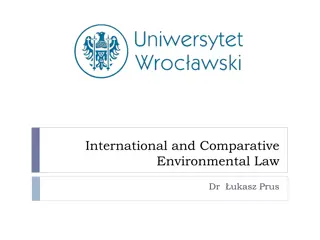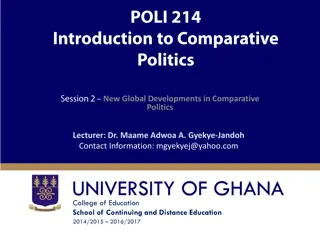Trademark Dilution and Comparative Advertisement
Trademark dilution and comparative advertisement in trademark law. Understand the grounds for trademark infringement and the elements needed to establish dilution or disparagement. Explore the importance of protecting registered trademarks and the limitations of comparative advertisement.
0 views • 6 slides
Comparative Analysis of Positive Charge's Charging Stations Evolution
This PowerPoint template example created by Romy Bailey for Positive Charge showcases a comparative study of high-speed charging stations versus traditional charging stations, along with a comparison of past year versus current year data, and a year-over-year analysis of Positive Charge's growth. It
1 views • 6 slides
Comparative Sociology
Comparative Sociology is a specialized branch that compares societies to provide generalizations, focusing on the structure and jurisdiction of groups and organizations. It involves studying affinities and disparities to predict outcomes. The discipline is closely related to Social Anthropology. Com
3 views • 15 slides
Exploring Fairy Tales Through Comparative Literature for Enhanced Learning
Delve into the world of fairy tales through comparative literature to bridge the gap between school and social/cultural aspects, enhancing analytical skills and moral values. Using different models and pre-reading activities, engage learners in exploring the rich themes and characters in fairy tales
1 views • 14 slides
Insights into the Indian School of Comparative Literature: A Comprehensive Overview
The Indian School of Comparative Literature, pioneered by Dr. Buddhadeva Bose in 1956 at Jadavpur University, plays a crucial role in studying the diverse languages and rich literary traditions of India. This academic discipline has grown significantly, with a focus on French symbolist poetry's infl
2 views • 14 slides
Effective Strategies for Literature Searches and Re-Use of Scholarly Literature
Conducting literature searches involves surveying existing publications and information on a specific topic. Different search strategies, from simple searches to systematic queries and snowballing, are utilized based on research needs. Learning objectives include building search strategies, using ad
3 views • 19 slides
Introduction to Isixhosa Language and Literature - Exploring Characters and Themes
This content provides an overview of Isixhosa as a first additional language (FAL) and delves into key aspects of literature such as character development and themes. It discusses the importance of characters in storytelling, emphasizing the significance of round and flat characters. The article als
3 views • 28 slides
Comparative Adjectives: Short Adjectives and Usage
Comparative adjectives are used to compare two things, such as the length, size, or appearance. They can be formed by adding -er to short adjectives like big, long, thin, short, and pretty. When the adjectives end in -y, change the -y to -i and add -er. Use "than" to compare two things in the same s
5 views • 10 slides
Understanding Comparative Education: Scope and Aims
Comparative education involves studying educational theories and practices across different countries to analyze the relationship between education and society. It aims to explain educational systems, aid in the development of institutions, and form generalized statements applicable in various natio
0 views • 31 slides
Comprehensive Literature Review Guidelines for Your Dissertation
Discover expert guidelines for conducting a thorough literature review in your dissertation. Explore topics such as literature search strategies, theoretical frameworks, review of the literature, synthesis, and analysis, with actionable tips provided throughout.
0 views • 11 slides
Exploring the Significance of Persian Language and Literature in Indian History
Persian language and literature hold a crucial place in Indian history, serving as a prime source for understanding the medieval period. Scholars in India have dedicated their lives to preserving and promoting Persian history, language, and literature. The rich cultural heritage of India, dating bac
0 views • 9 slides
Mastering the Literature Review Process
Understanding the significance of literature review, this guide emphasizes the essential steps involved in conducting a successful literature review - from planning and research problem identification to critical analysis and contribution to existing literature. It explains the importance of develop
0 views • 16 slides
Effective Strategies for Conducting Business Research Literature Review
This literature review provides insights into conducting business research effectively, covering topics such as how to search, read, and write literature reviews, along with the goals and types of literature. It emphasizes the importance of generating research ideas, demonstrating knowledge, and int
1 views • 13 slides
Exploring Diagnoses in Literature and the Literature
This course delves into portrayals of medical conditions in literature versus research articles. It explores the intersection of science and literature, analyzing works like "Black Swan Green" and "The Reason I Jump" to understand how they depict conditions like stuttering and autism. Through studen
1 views • 28 slides
Evolving Perspectives on Literature and Translation
Explore the intertwined relationship between national literature, comparative literature, and world literature, delving into the evolution of translation studies. Reflect on the shift from national literary histories to world histories of literature, highlighting the significance of world literature
3 views • 54 slides
Understanding International Trade: Benefits, Specialization, and Comparative Advantage
International trade involves benefits and issues, with specialization playing a key role in driving economic patterns through resource distribution. David Ricardo's theory of comparative advantage revolutionized trade by focusing on producing goods efficiently. Absolute advantage and comparative adv
0 views • 12 slides
The Importance of International Trade: Benefits and Comparative Advantage
Nations engage in trade to exchange goods and services across borders, benefiting from comparative advantage to produce efficiently. Comparative advantage theory highlights the efficiency gains when each nation focuses on what it does best. Importing and exporting goods and services allow countries
0 views • 10 slides
Understanding Comparative and Absolute Advantage in International Trade
Understand the concepts of absolute and comparative advantage through theory, graphical illustrations, and opportunity cost calculations for two nations. Explore the implications and consequences of these concepts in terms of international trade. Specialization, division of tasks, and gains from tra
0 views • 15 slides
Examples of Superlative and Comparative Forms
The content includes examples of superlative and comparative forms, along with positive constructions. Images are used to illustrate each example, making it easy to understand the concepts. Different scenarios are presented to demonstrate the usage of superlative and comparative adjectives in senten
0 views • 42 slides
Understanding Degrees of Adjectives and Adverbs
This content explains the concept of positive, comparative, and superlative degrees of adjectives and adverbs in English grammar. It provides rules and examples for transforming positive into superlative, positive into comparative, comparative into positive, comparative into superlative, and more.
0 views • 8 slides
Understanding Comparative Advantage in Economics: Adam Smith and David Ricardo
Explore the concepts of absolute advantage versus comparative advantage as discussed by renowned economists Adam Smith and David Ricardo. Discover how free market principles, self-interest, and efficient resource allocation shape beneficial economic decisions. Delve into examples of comparative adva
0 views • 13 slides
Comparative and Superlative Adjectives Usage Guide
Discover how to form and use comparative and superlative adjectives to compare two or more nouns. Learn the rules for adding -er or -est endings, using "more" or "most," and irregular adjectives like "good" and "bad." Follow step-by-step formulas to create sentences with comparative and superlative
0 views • 11 slides
Comparative and Superlative in Pennsylvania Dutch 101
Covering the formation of comparative and superlative forms in Pennsylvania Dutch (PD), the content explains how PD adjectives add endings and change stem vowels to express comparison. It discusses irregular adjectives and provides examples to practice forming comparative forms in PD phrases.
0 views • 11 slides
Understanding the Importance of Chemical Literature in Research
Reviewing chemical literature is essential in the research process to identify existing knowledge, develop hypotheses, plan methodologies, and discover unanswered questions. The vast and complex nature of chemical literature poses challenges in finding relevant information, especially with evolving
0 views • 22 slides
Comparative Law: Research, Analysis, and Resources
Explore the world of comparative law through research and study of legal systems, including Italian and foreign laws. Delve into comparative legal analysis, characteristics of legal systems, and the study of legal sources. Discover in-depth insights from a variety of books and academic journals, as
0 views • 36 slides
Understanding Globalization, Trade, and Comparative Advantage in Economics
Globalization and trade play a crucial role in the interconnected world economy. This module explores the gains from international trade, barriers to trade, costs of globalization, and the concepts of absolute and comparative advantage. Absolute advantage is when a country can produce a good using f
0 views • 27 slides
Understanding Comparative Advantage and Gains from Trade
In this lecture on comparative advantage and gains from trade, the concept of why countries trade, price differences, supply and demand, the Ricardian model of trade, identifying comparative advantage, and critiques of comparative advantage are discussed. The benefits of free trade and how it leads
0 views • 53 slides
Exploring Ethical Criticism and Literature's Human Possibilities
Ethical criticism in literary studies revolves around the intersection of ethics, literature, and criticism. It tackles concerns about the relationship between value judgments, ethics, and aesthetics, emphasizing the importance of reconnecting criticism with moral principles. Literature offers a dee
0 views • 21 slides
Understanding the Importance of Literature Review in Research
Exploring the roles of literature in research, this content emphasizes the significance of reviewing existing literature to gather ideas, compare methodologies, and integrate supportive information. It also highlights the types of reviews and essential questions to consider during the literature rev
0 views • 12 slides
The Status of Literature in Secondary Schools of the O.E.C.S. - Research Findings by Dr. Anthony Felicien
Research by Dr. Anthony Felicien examines the status of literature in secondary schools of the O.E.C.S., focusing on the decline of interest in literature among students, influenced by historical curriculum changes and parental attitudes. The study highlights the importance of studying literature fo
0 views • 35 slides
Understanding Comparative and Superlative Adjectives: M. Shah Hamzei Farzanegan High School
Learn how comparative and superlative adjectives are used to compare objects in English language. Find out the rules to form the comparative and superlative forms of adjectives based on the number of syllables, spelling changes, and exceptions. Improve your English language skills with practical exa
0 views • 13 slides
Comparative and Superlative Forms of Adjectives in Latin Grammar
Exploring the declension patterns and irregular forms of comparative and superlative adjectives in Latin, including examples and comparisons with paradigms of different declensions. Learn about the nuances in the declining of 3rd declension adjectives and their comparative forms, along with exercise
0 views • 14 slides
Comparative Approaches in Educational Enquiry: A Scholar's Perspective
This session delves into the world of comparative research in education, exploring different settings and methodologies. Dr. Michael McEwan shares insights on Glassick's Framework for design and the importance of appropriate methods. Discover the essence of comparative research, including ex post fa
0 views • 18 slides
Evolution of Children's Literature in English: From Alice to Modern Times
Explore the birth of modern children's literature starting with the publication of "Alice's Adventures in Wonderland" in 1865 by Charles Dodgson (Lewis Carrol), marking a shift towards entertaining and engaging literature specifically for children. Prior to this, children mainly read folklore and ad
0 views • 35 slides
Mastering the Art of Writing Literature Reviews
Understanding the essence of a literature review, its descriptive and analytical components, selecting key articles, and finding relevant sources are essential steps in crafting a comprehensive literature review. By integrating ideas from various sources and highlighting crucial findings, a literatu
0 views • 18 slides
Comprehensive Guide to Literature Review Process
A literature review is essential before conducting research to identify existing information, gaps in literature, major works, and relationships between studies and theories. Follow steps such as defining the topic, sourcing information, discussing findings, and drafting to write an effective litera
0 views • 8 slides
Effective Strategies for Conducting a Literature Review in Research Methodology
Understanding the importance of literature review in research methodology, this chapter discusses the objectives, aims, and guidelines for writing a comprehensive literature review. It emphasizes the significance of identifying gaps in existing knowledge, structuring the review, and organizing infor
0 views • 33 slides
GCSE English Language and Literature Overview
GCSE English Language and Literature subjects are led by Mrs. A. Baker and Mr. Doodson. English Language is examined by OCR, while English Literature is examined by Edexcel. Both subjects have two examination papers worth 100% of the grade. English Language papers focus on reading and writing skills
0 views • 14 slides
Comparative and International Environmental Law Course Overview
Explore the world of Comparative and International Environmental Law with Dr. ukasz Prus through in-depth examinations, take-home exams, and insightful discussions on topics such as environmental policy, law sources, and regional systems. Dive into the complexities of waste management, common legal
0 views • 102 slides
New Global Developments in Comparative Politics Since the 1980s
The lecture by Dr. Maame Adwoa A. Gyekye-Jandoh explores new global developments in Comparative Politics since the 1980s, covering topics like rapid industrialization in Asia and the collapse of communism in the Soviet Union and Eastern Europe. Students are introduced to key concepts such as the Com
0 views • 20 slides
